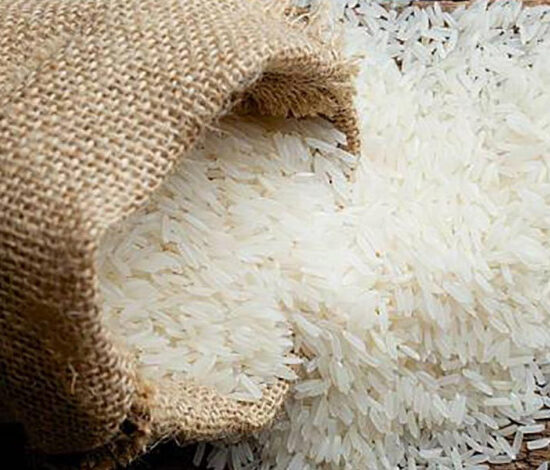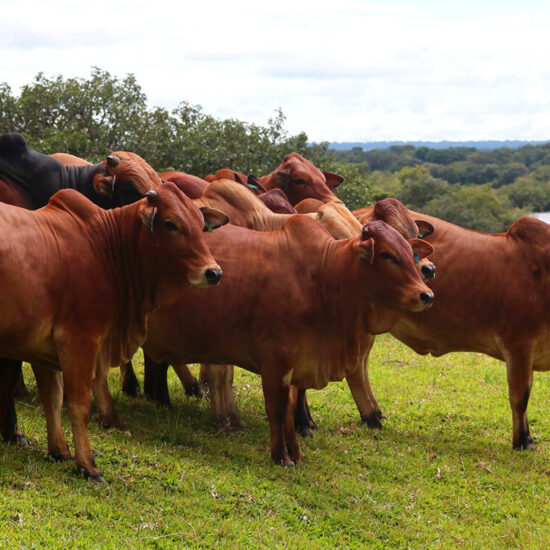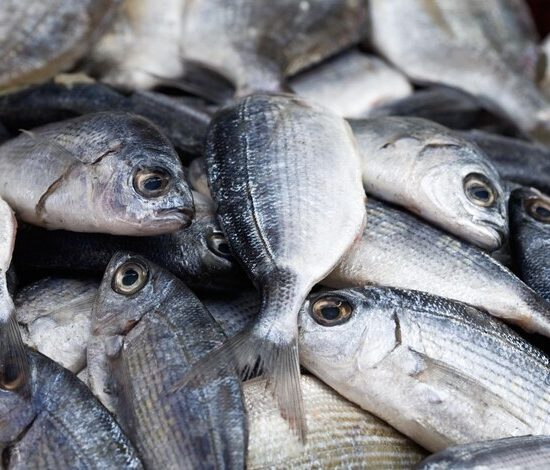
Zambia’s leading fish producer Yalelo has disclosed that the high cost of fish feed in determined by feed inputs of which Soya is one of the key ingredients and that this has an impact on final retail fish prices.
Yalelo Director Fisho Mwale told the Zambian Business Times – ZBT that there are many factors that determine the cost of fish feed and soya beans which is one of the main ingredients in the production of fish feed.
Mwale told ZBT that Soya is currently fetching the highest price that has ever been encountered “I think it’s about US$ 700 per tonne” which leads to high prices of feed.
He explained that it is also projected that maize prices would soon go up and maize being one of the ingredients in fish feed means the cost of producing the feed will also go up and as one produces, they are affected by the cost of various inputs which the industry has no control over thereby translating into high cost of fish feed.
Mwale mentioned that unless the industry is able to control the high prices of inputs, invariably the cost would be transferred to the final consumer by increasing fish prices so that those in the sector are able to produce and make a profit.
And the Yalelo Director has stated that one of the ways to increase fish production and close the countrywide deficit is to have more people venture into fish farming as the deficit is an opportunity for Zambians to venture into aqua culture and engage in increasing production.
Mwale said the country has been experiencing a fish deficit for some years due to factors such as population growth adding that there is a population growth every year, which means there is need for more food products for the expanding population to consume and fish is not an exception.
Mwale said the fish tonnage could only be increased by engaging more people to start fish farming and by supporting existing entities in the sector in terms of funding, reduction of taxes on inputs and creating an enabling environment.
Speaking in an exclusive interview with ZBT, Mwale said creating an enabling environment so that people are able to be more economically active in the sector and be able to afford the various inputs required to produce the fish would boost production.
“It’s like farming, if you have a deficit in your maize production, you encourage and create conditions for people to go into that sector so that they can produce more”, he said.







